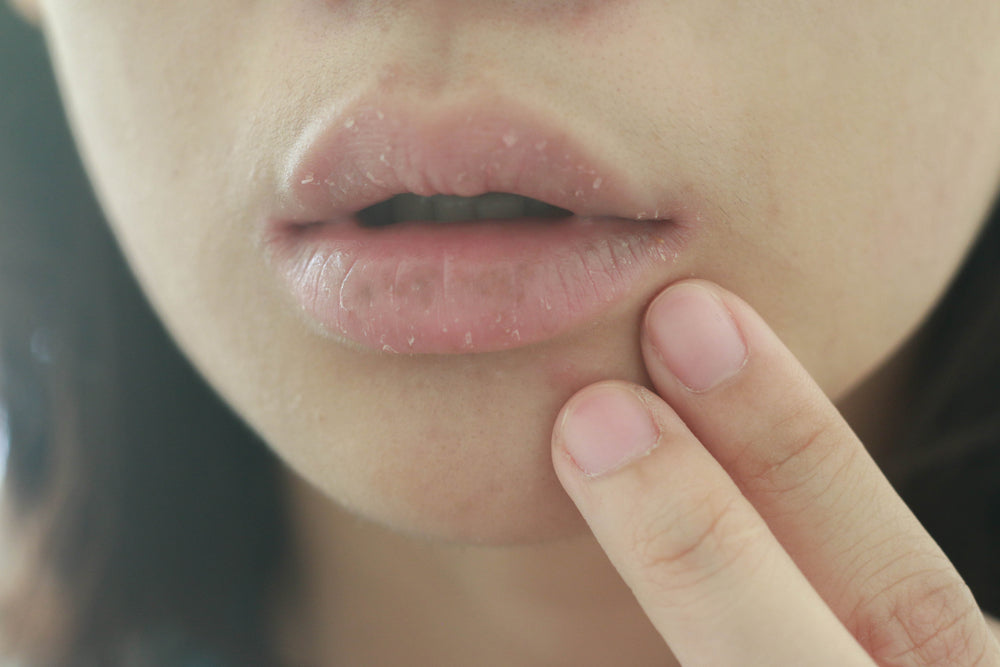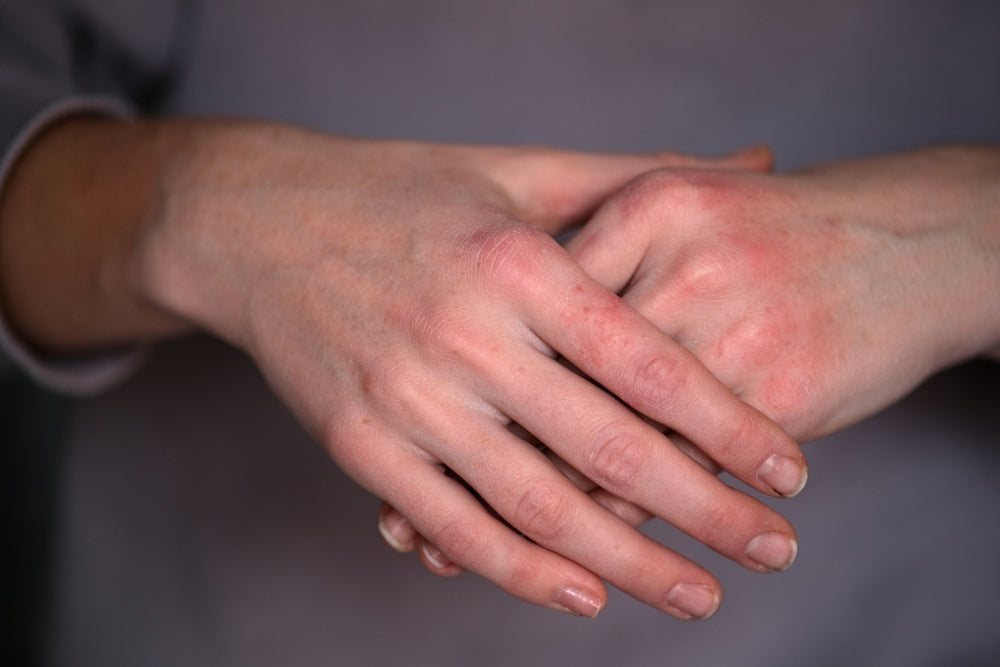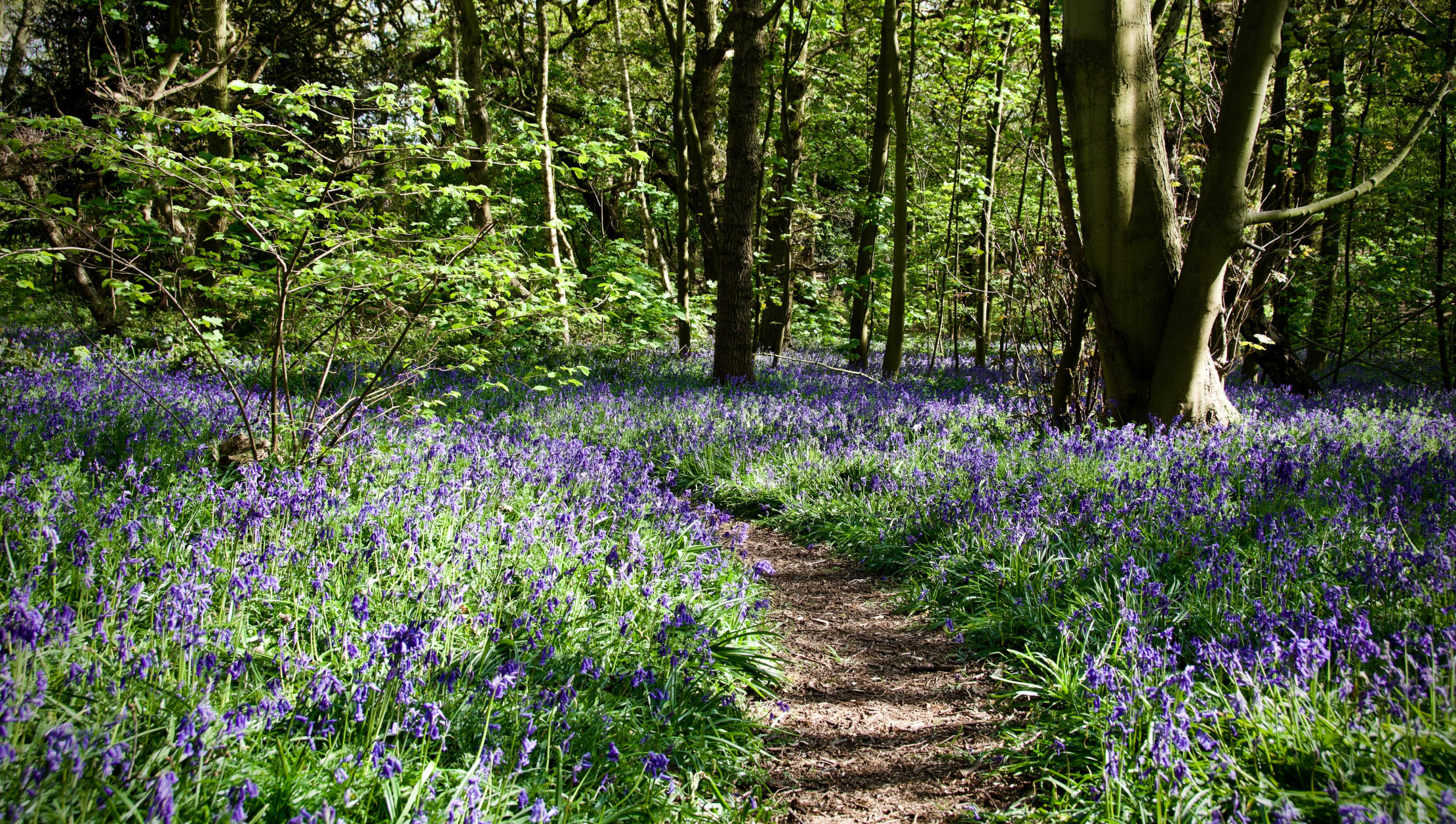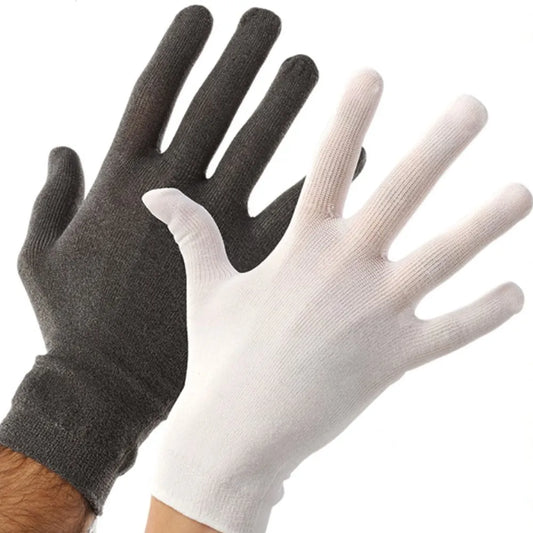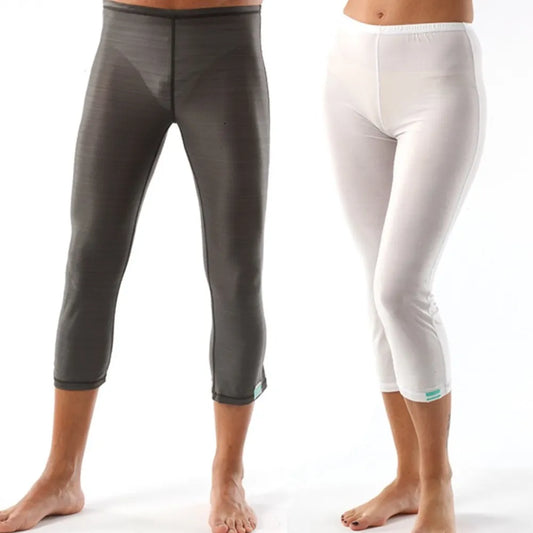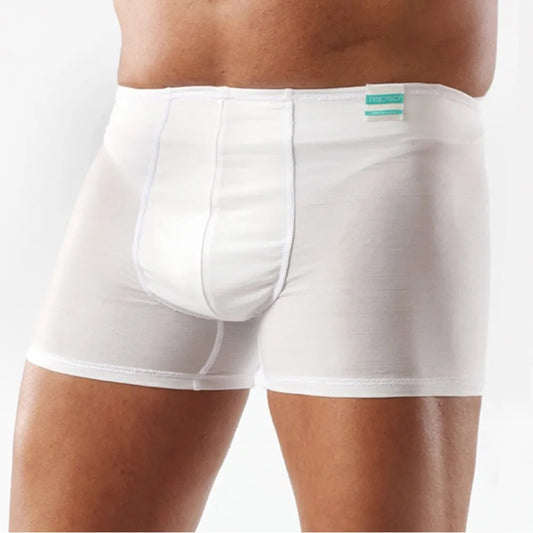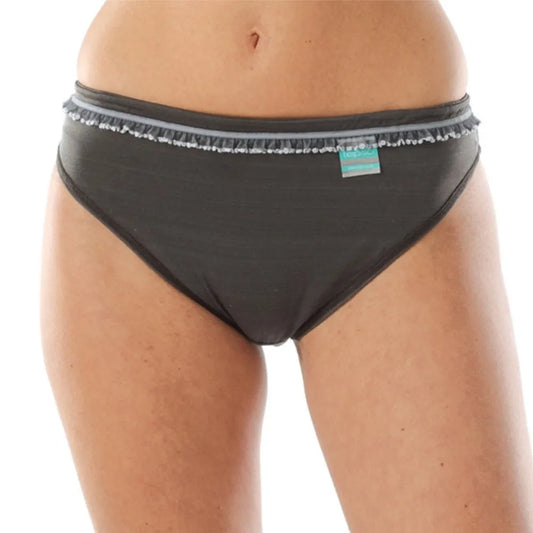Why does eczema get worse in winter?
It’s not unusual to find that some people's eczema almost disappears during the summer, only to rear its ugly head again when the weather becomes chillier. Lots of people are vulnerable to winter eczema, particularly between the fingers and behind the knee-caps, though all areas of the body can be affected.No-one really knows the true causes of eczema, however we do know there are certain things that will trigger the condition – extreme temperatures, either hot or cold, being a very common cause of flare-ups.
It’s possibly aggravated by the fact that during the winter we’re exposed to heating, and the air tends to be drier, so the skin becomes drier and more sensitive. Aa all eczema sufferers know only too well, once you start to scratch, the eczema becomes worse and the itchier you becomes – it’s a vicious cycle that's really difficult to break.
How to prevent eczema in winter?
If we could all spend the winter months on the southern coast of Spain, perhaps all our eczema problems would be solved. Assuming this isn’t a practical solution for most people, there are a number of alternative ways to manage the condition.
Keep the skin hydrated
Make sure you drink plenty of fluids and applies emollient regularly. Changing your regular emollient to a more greasy ointment may well help. Keep your emollients with you so that you can reapply as necessary. You may need to invest in smaller tubes for easier transport or decanting into a smaller container (make sure it's clean).If your face is getting very dry, you may like to consider applying emollient before you go outside as it can help to protect exposed skin. Vaseline is a good protector for the lips, and sunscreen for eczema with an SPF of 30 is a good idea for sunny days.
Keep an eye on the central heating gauge
You can’t change the temperature outside but you can stop your home from becoming too warm. Keep the temperature reasonably ambient at about 20°C – overheating your home will make the air drier. It may be helpful to consider buying a humidifier which can help to moisten the air. However, it’s important to clean a humidifier regularly as any build-up of mold or bacteria could cause an allergic reaction. Try to keep humidity to below 35% to discourage dust mites which like a humid environment.Avoid hot baths and showers
Hot water will also have a drying effect upon the skin as it strips the skin of its natural oils, so make sure your shower or bath water is warm but not hot. According to the NHS guidance, you should keep bath or shower time short in winter – no more than 10-15 minutes – and only once within a 24-hour period. Also, be wary of washing hair too often as shampoo can aggravate eczema, especially when skin has been made more sensitive by the winter weather.Try to get into the habit of applying emollient after bathing or any water-based activities.
Protect your hands
Get into the habit of wear gloves whenever you're outdoors to protect hands from wind and cold damage. If you find regular winter gloves too itchy, consider investing in glove liners to wear underneath your ordinary gloves. Personally I prefer to wear mittens over glove liners, I find them easier to put on and more comfortable around the fingers. The Tepso night-time gloves are brilliant for this, remember to take them off when you take the regular gloves off.If you're often out and about in the rain, you may want to invest in several pairs of outer gloves so that you always have dry gloves available. Damp, cold gloves are almost as bad as no gloves at all.
Damp hands are especially prone to chapping so remember to be extra thorough when drying your hands in the winter, especially between their fingers. Hot air hand driers can exacerbate the problem as well, so use paper towels if you have the option. The tiny sports towels that come on keyrings are an even better option.


